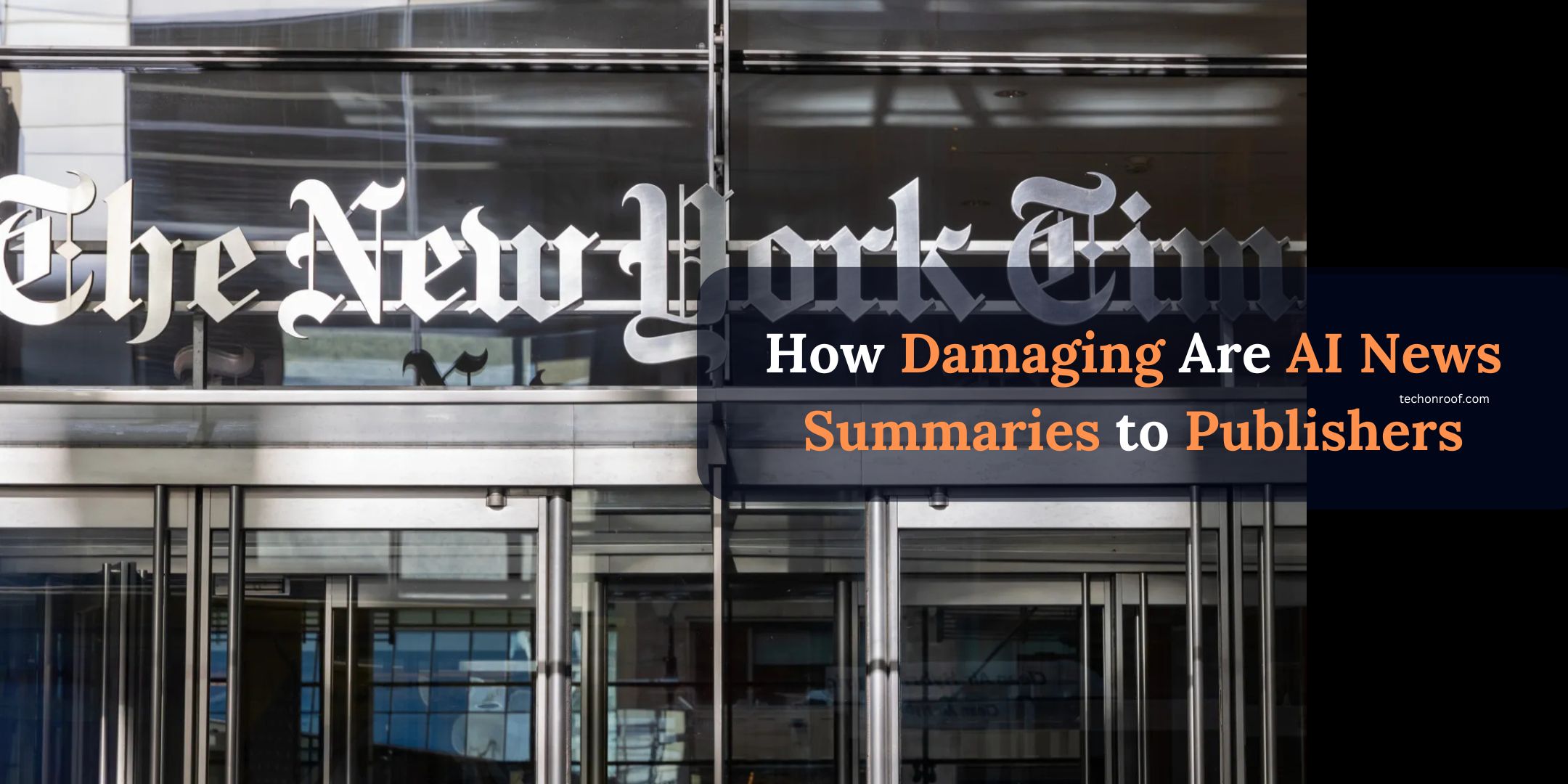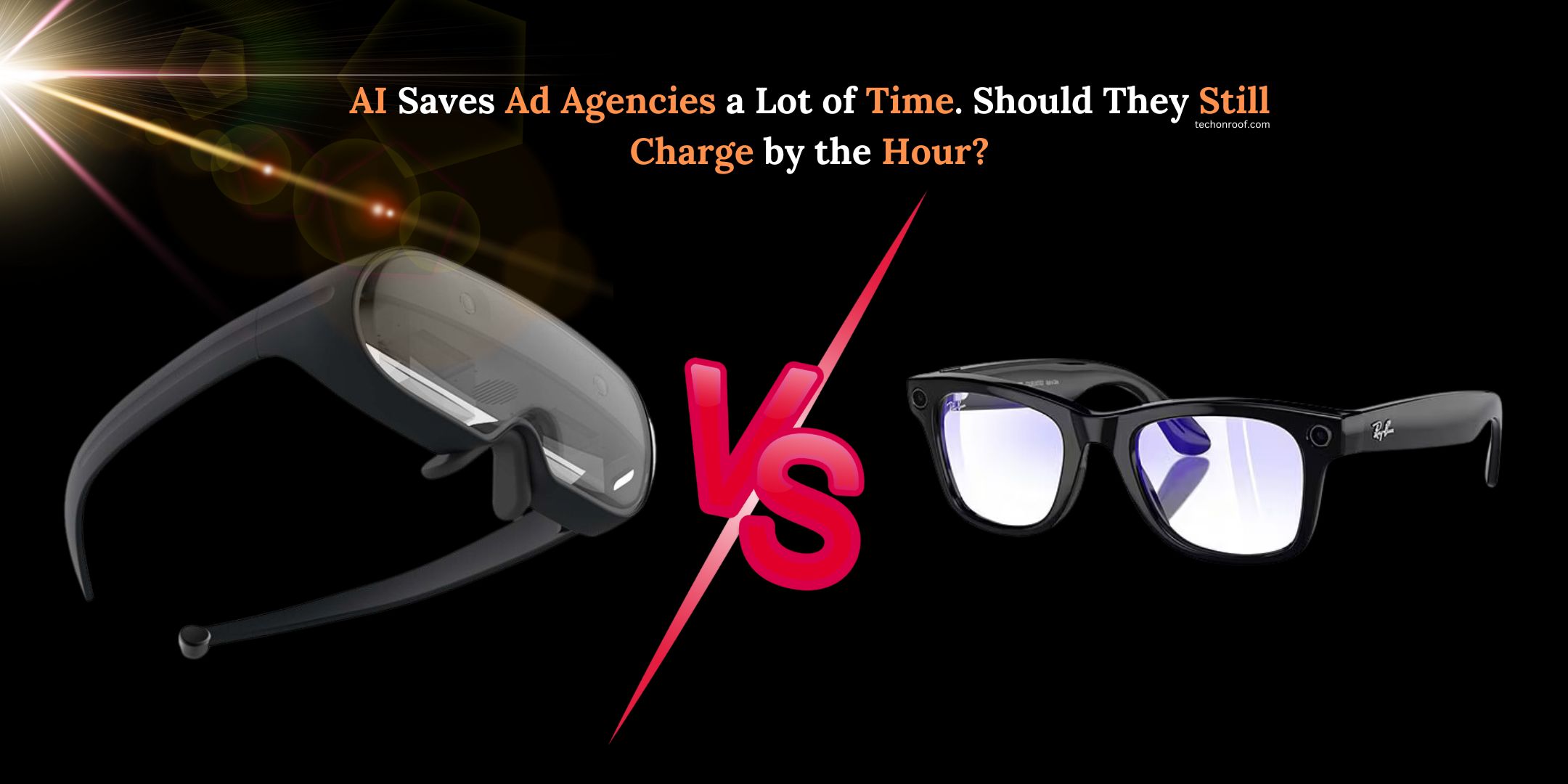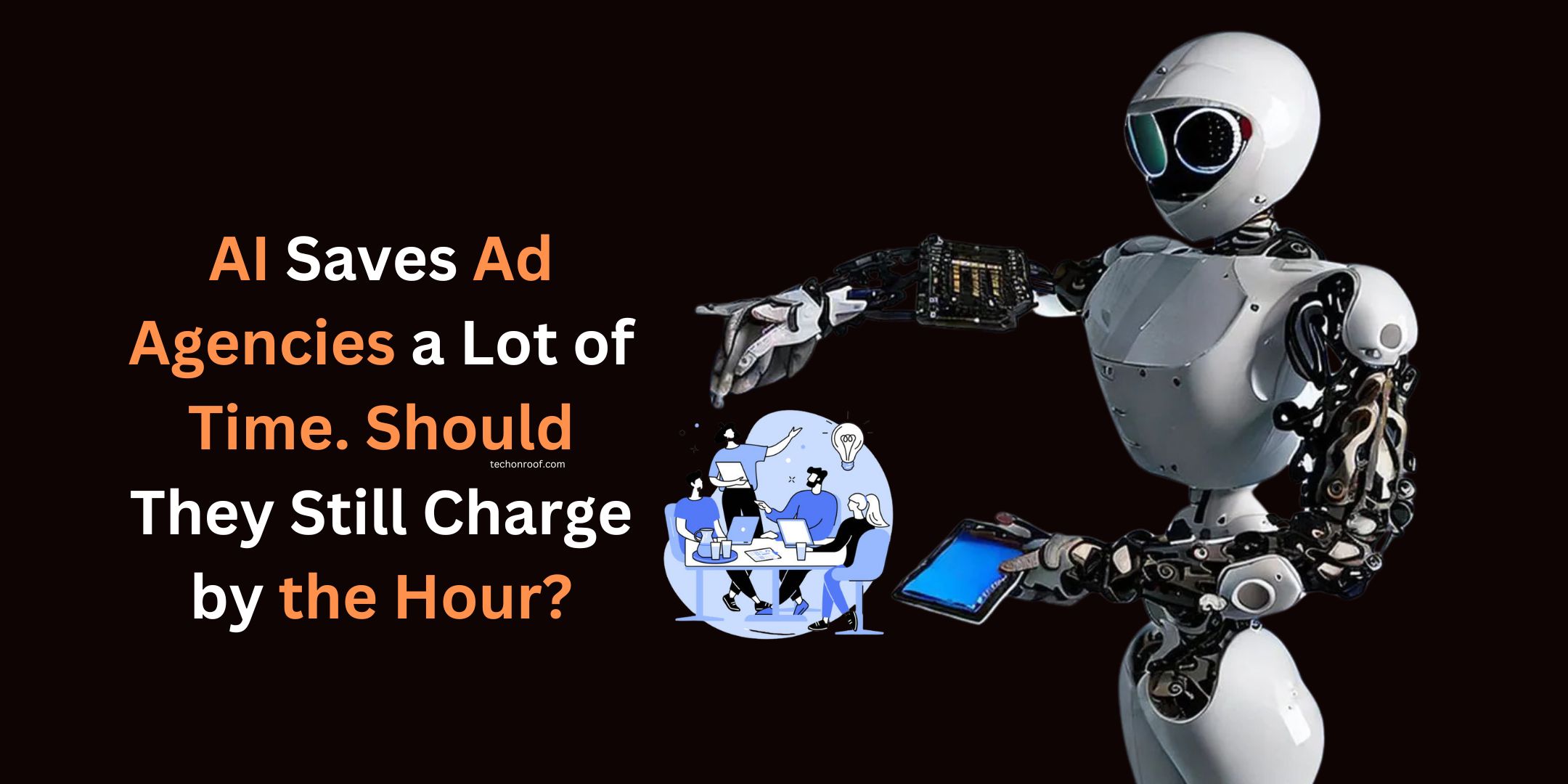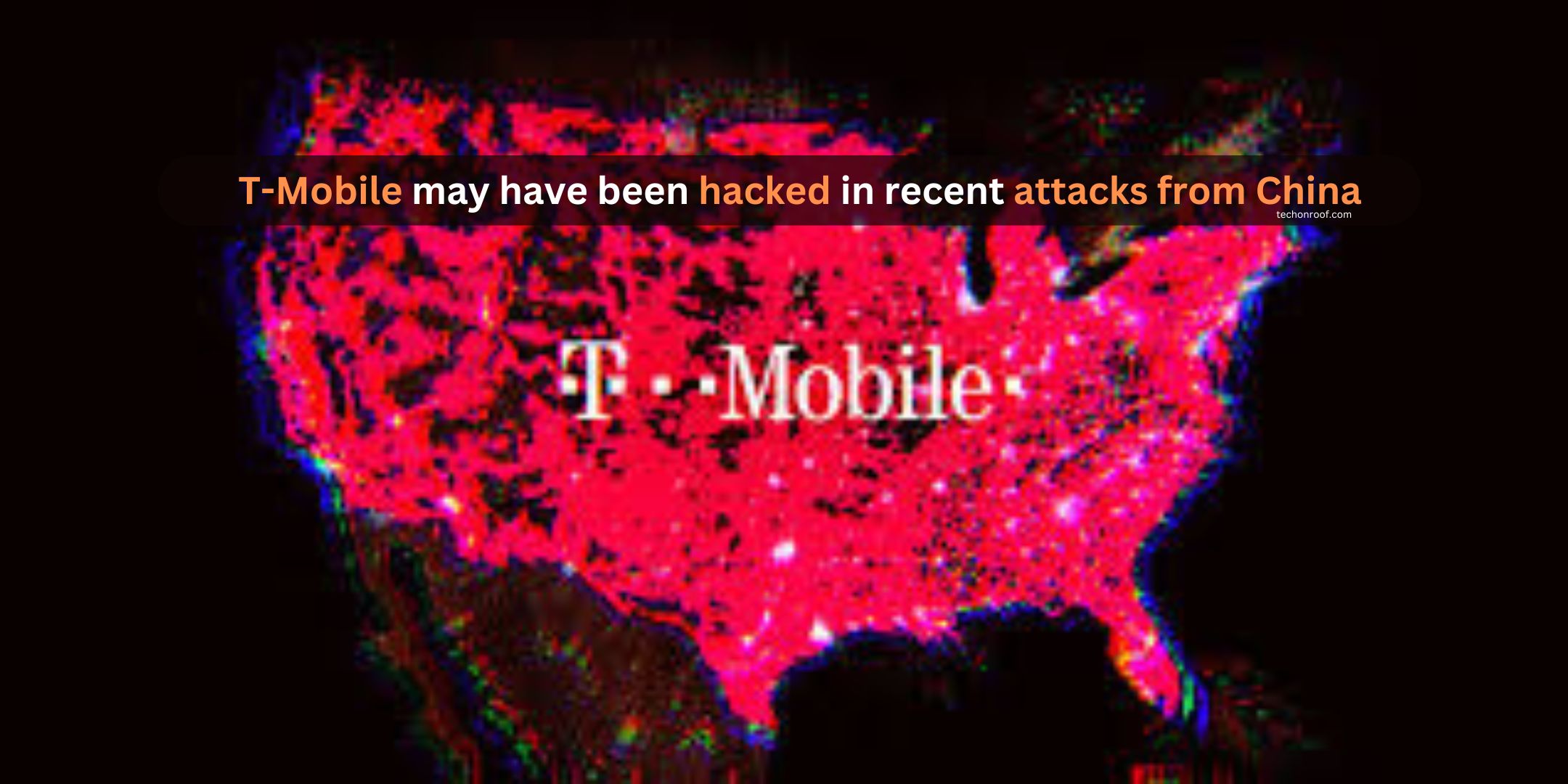The New York Times has stepped into the ongoing battle involving publishers and companies that make AI, as it issued a cease-and-desist letter against Perplexity, a generative AI startup financed by Jeff Bezos and YouTube’s former CEO. The war over search traffic is the new battle as AI firms gather miles of content from the internet. Such egregious and continuing violations by its intellectual property came to the fore with the move of the Times in claiming back control over how AI-generated summaries of its articles get produced, especially when these summaries are presented sans proper attribution, thus making the users bypass the original piece.
Read Also: Threads will start showing others when you’re online by default
While most disputes over AI have revolved around the usage of copyrighted material in training their language models, such as ChatGPT, another issue is that AI companies are also using publishers’ reporting straight into their search results. This has pushed the media houses to deal with firms like OpenAI and Perplexity, wanting the proper citations and links to their content. These deals could be the future of the battles currently being fought on the business side of media operations. For example, in this deal now concluded between open AI, led by Sam Altman and Hearst, OpenAI made a point to emphasize transparency about giving users easy access to the sources. “These collaborations are important to the evolution of magazine content while safeguarding accuracy and attribution,” said Debi Chirichella, president of Hearst Magazines.
Other publishers to have signed similar agreements include Axel Springer, owner of Politico and Business Insider; News Corp; The Associated Press; Financial Times; Vox Media; and The Atlantic. Those collaborations should ensure that content by publishers is correctly cited and visible in responses AI goes on to generate. The president of Hearst Newspapers, Jeff Johnson, said collaboration is crucial in delivering “more timely and relevant results.” Yet, it is against a complex legal landscape. Intellectual property law protects the arrangement and composition of facts but not the facts themselves. That’s how journalists could report their stories without any copyright encumbrance so long as they didn’t simply copy words. This legal subtlety could tip the balance of what may already prove an arduous case for the Times against OpenAI, but evidence that ChatGPT is peddling sections of entire articles off them could shift things around. Another crucial aspect of the battle would be fair use, which is work allowed to use the protected works under certain conditions without a license.
Read Also: Two more weeks to go: Connect with Meta, Dropbox, J.P. Morgan, and HP at Disrupt
In May, an influential industry group asked lawmakers to interfere with Google’s AI Overviews, which combines AI-generated answers with text snippets from linked websites. The group said such a tool could “further entrench Google’s monopoly power while starving digital publishers of monetization opportunities needed to support high-quality, original content. “
Read Also: Alibaba’s international arm says its new AI translation tool beats Google and ChatGPT
The outfit has argued that “the law recognizes that no one organization owns the copyright over facts.” They say that in this principle, a healthy information ecosystem should stand: allowing news outlets to report on topics already covered by others. Earlier in the year, Forbes threatened Perplexity with legal action for using their work without attribution. It was a summary of an Eric Schmidt on Forbes by artificial intelligence that afterward turned into a podcast and YouTube video that came up on Google searches higher than the original article. According to the CEO of Perplexity, Aravind Srinivas, “We are not a news provider but an information aggregator.”
Read Also: Former Palantir CISO Dane Stuckey joins OpenAI to lead security
Things are a little different this time. A decade ago, the practice of news content by the tech industry, which was without direct payments, caused a massive decline in the media industry by diverting readers and ad revenues. In this generative AI scenario, the publishers fear once again that the balance will shift, and this time, the future of journalism will be at stake.





